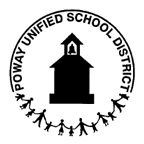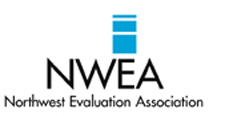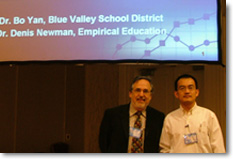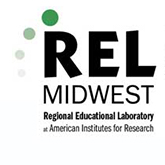New Reports Show Positive Results for Elementary Reading Program

Two studies of the Treasures reading program from McGraw-Hill are now posted on our reports page. Treasures is a basal reading program for students in grades K–6. Although the first study was a multi-site study while the second was conducted in the Osceola school district, both found positive impacts on reading achievement in grades 3–5.
The primary data for the first study were scores supplied with district permission by Northwest Evaluation Association from their MAP reading test. The study uses a quasi-experimental comparison group design based on 35 Treasures and 48 comparison schools primarily in the midwest. The study found that Treasures had a positive impact on overall elementary student reading scores, the strongest effect being observed for grade 5.
The second study’s data were provided by the Osceola school district and consist of demographic information, FCAT test scores, and information on student transfers during the year (between schools within the districts and from other districts). The dataset for this time series design covered five consecutive school years from 2005–06 to 2009–10, including two years prior to introduction of the intervention and three years after the introduction. The study included exploration of moderators that demonstrated a stronger positive effect for students with disabilities and English learners than the rest of the student population. We also found a stronger positive impact on girls than on boys.
Check back for results from follow-up studies, which are currently underway in other states and districts.




